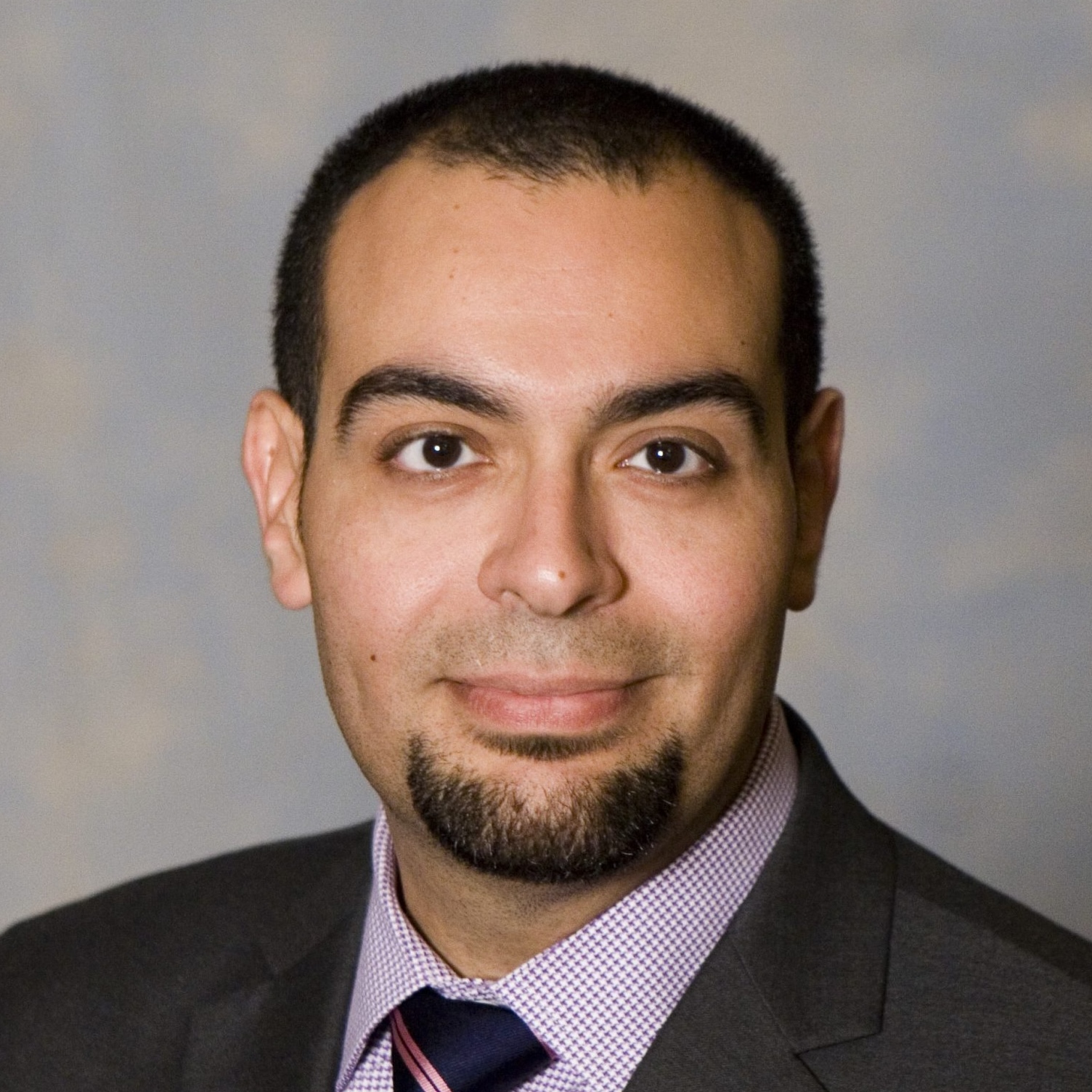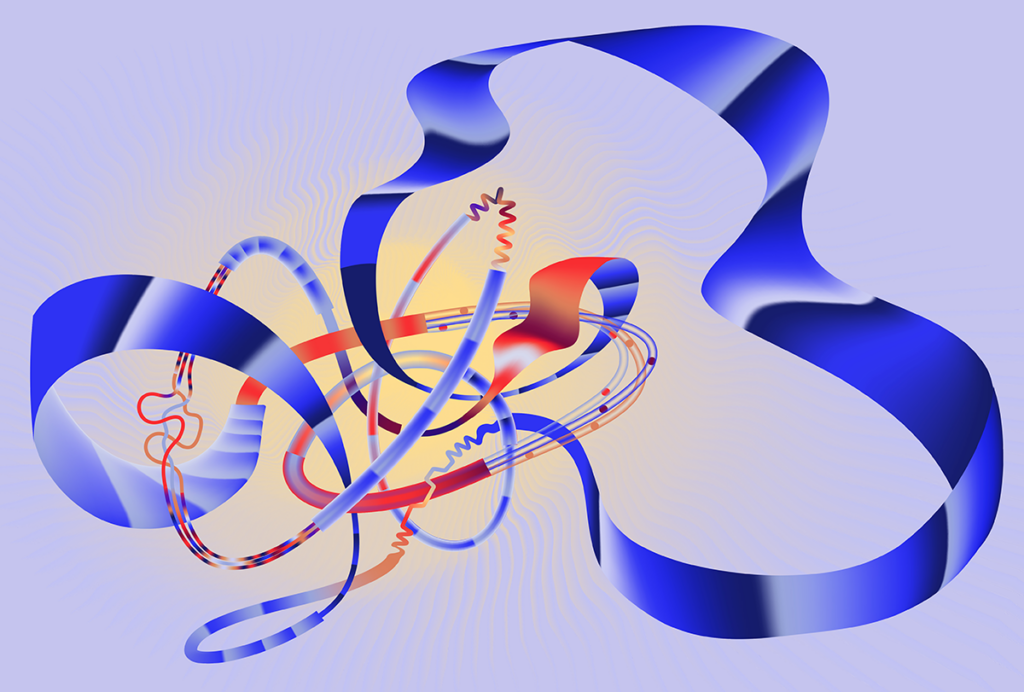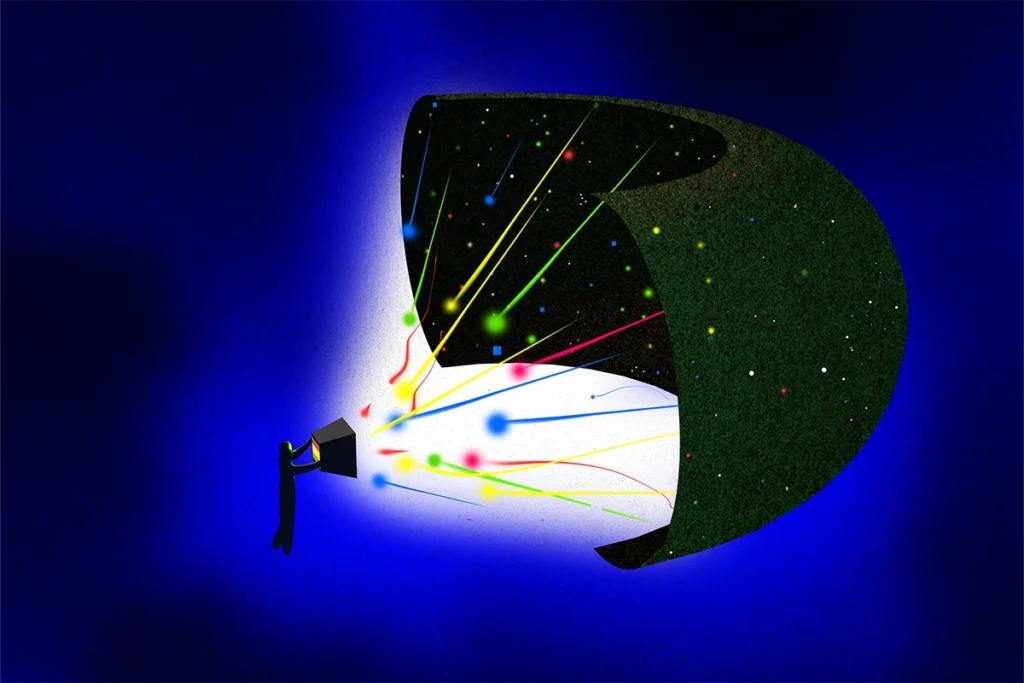Michael A. Yassa is professor of neurobiology and behavior and James L. McGaugh Endowed Chair at the University of California, Irvine. His lab has been developing theoretical frameworks and noninvasive brain-imaging tools for understanding memory mechanisms in the human brain and applying this knowledge to human neurological and neuropsychiatric disease.
Yassa earned his B.A. in neuroscience and M.A. in psychological and brain sciences from Johns Hopkins University. He received his Ph.D. from the University of California, Irvine and began his career as assistant professor in the Department of Psychological and Brain Sciences at Johns Hopkins. He moved back to the University of California, Irvine in 2014 and has been director of the Center for the Neurobiology of Learning and Memory since 2016. Yassa also has served as associate dean of diversity, equity and inclusion in the Charlie Dunlop School of Biological Sciences since 2020, and he is currently chair of the Learning, Memory and Decision Neuroscience (LMDN) Study Section at the National Institutes of Health’s Center for Scientific Review.


